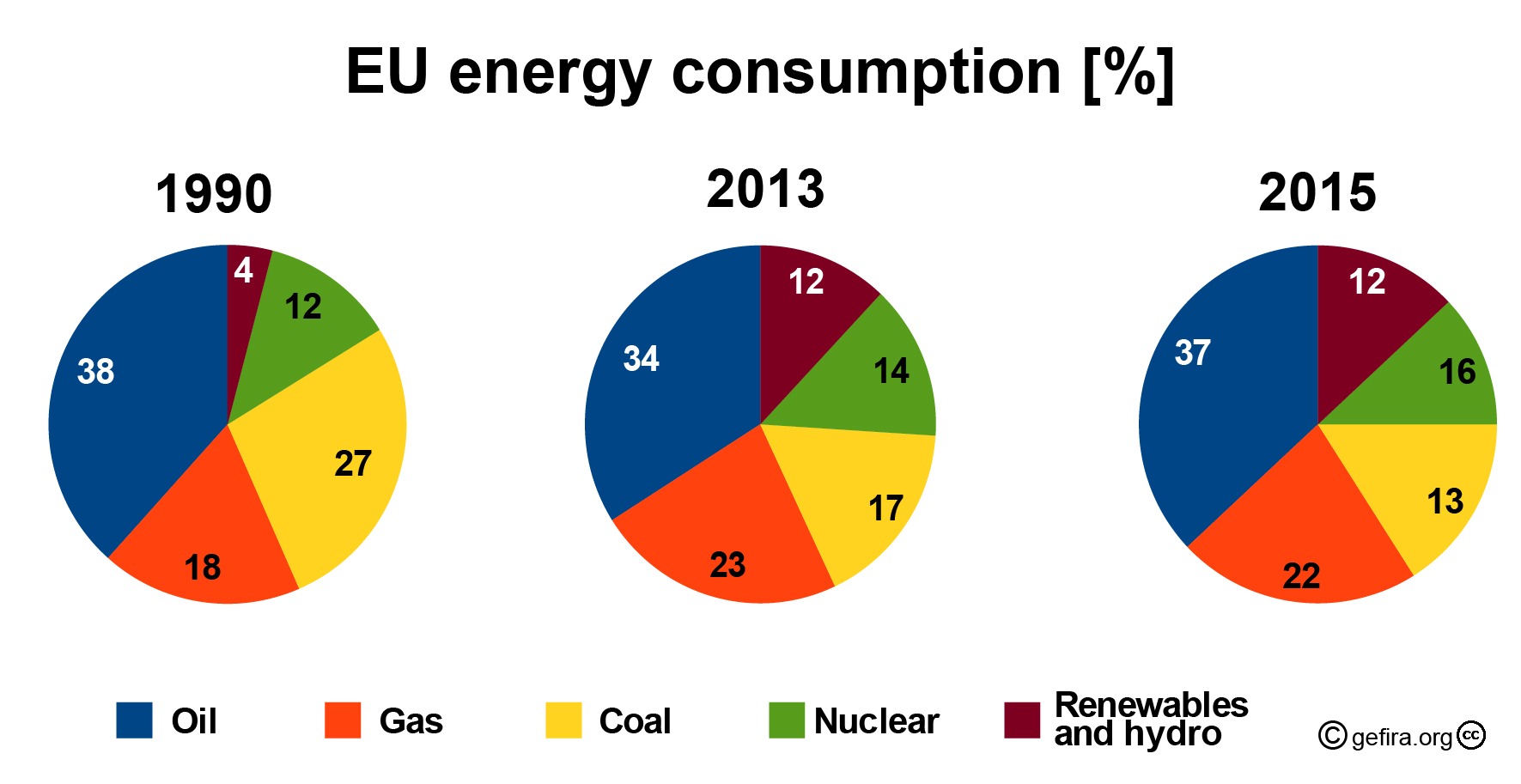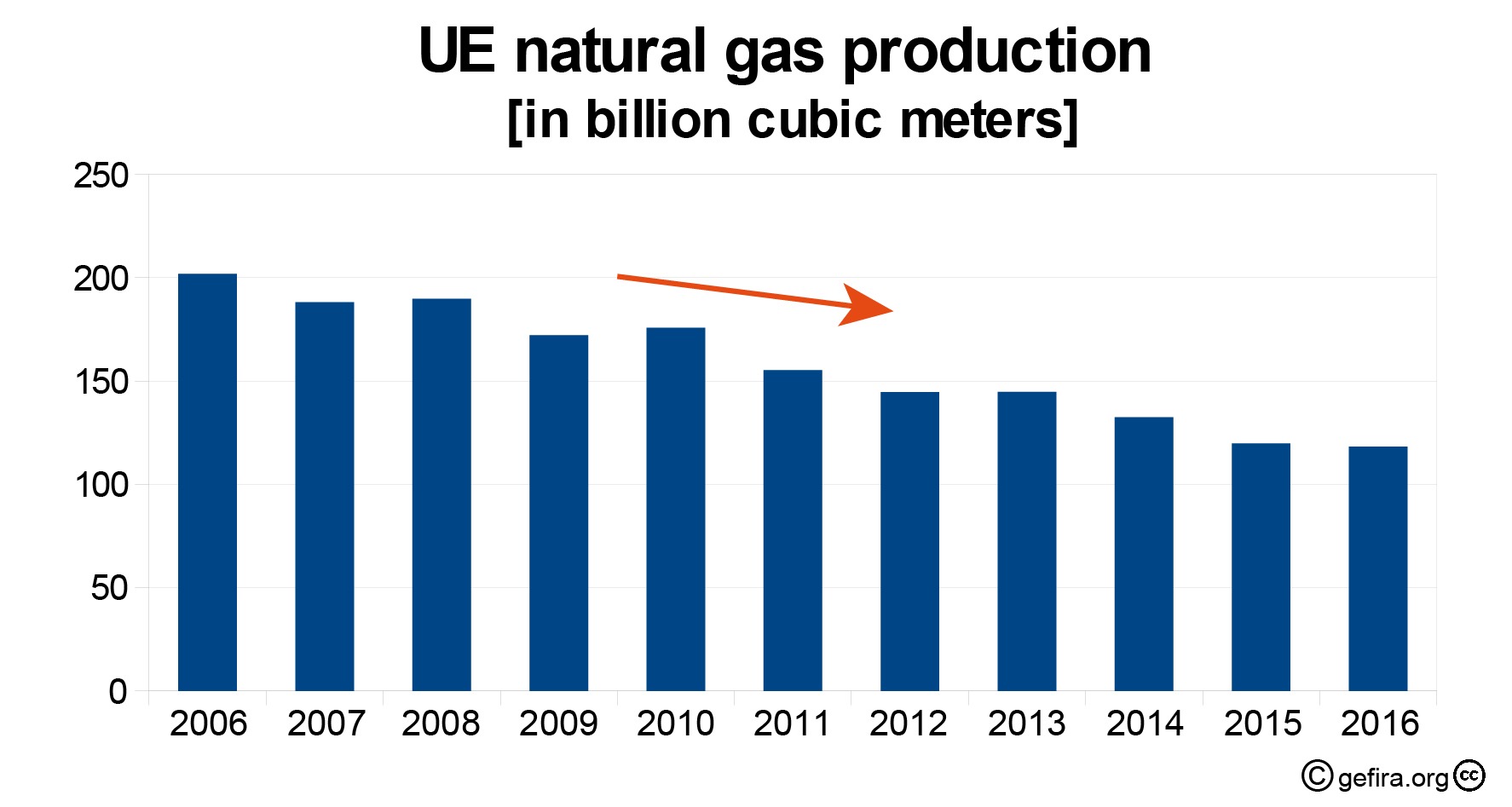Despite the growing importance of alternative energy sources like wind or solar energy (which enormously fuels the imagination of the media), the demand for natural gas is not decreasing, and the resource has a great influence on international politics.

At present, only about 35% of the Union’s gas demand is met by indigenous production. The largest supplier is Russia – 35%, the second is Norway – 32%. As own production is declining, the EU will import 80% of its gas from the middle of the next decade. The smaller the number of suppliers, the more dependency on each of them. In 2015, two-thirds of the EU’s gas imports came from Russia, Norway and Algeria.
Gefira Financial Bullletin #21 is available now
- Geopolitics and big money are about gas not oil.
- Gazprom more influential in Europe’s gas market than Brussels.
- Norway will not solve Europe’s problems.

As Europe’s main gas importer, Russia has more power over the continent than ever before, and Gazprom has become one of the world’s most powerful companies. The Kremlin also sees Europe (not limited to the EU) as the most important customer: in 2015, 90% of Russian gas was supplied to the Old Continent. Gas sales in 2015 generated 13% of profits from exports. In 2016, 178.3 billion m3 of gas was supplied to Europe, which is an increase of almost 20 billion m3 in comparison to 2015 and 40 billion m3 in comparison to 2010.1)Delivery statistics, Gazprom Export

Gas has also likely to give rise to conflicts between the countries of the Eastern Mediterranean.
All gas-related problems are explained by the Gefira team in the latest bulletin.2)Natural gas sets the stage for an armed conflict in the East Mediterranean, Gefira 2018-02-23.
More information about Europe’s gas outlook can be found in #21 Gefira Bulletin.
References
| 1. | ↑ | Delivery statistics, Gazprom Export |
| 2. | ↑ | Natural gas sets the stage for an armed conflict in the East Mediterranean, Gefira 2018-02-23. |




